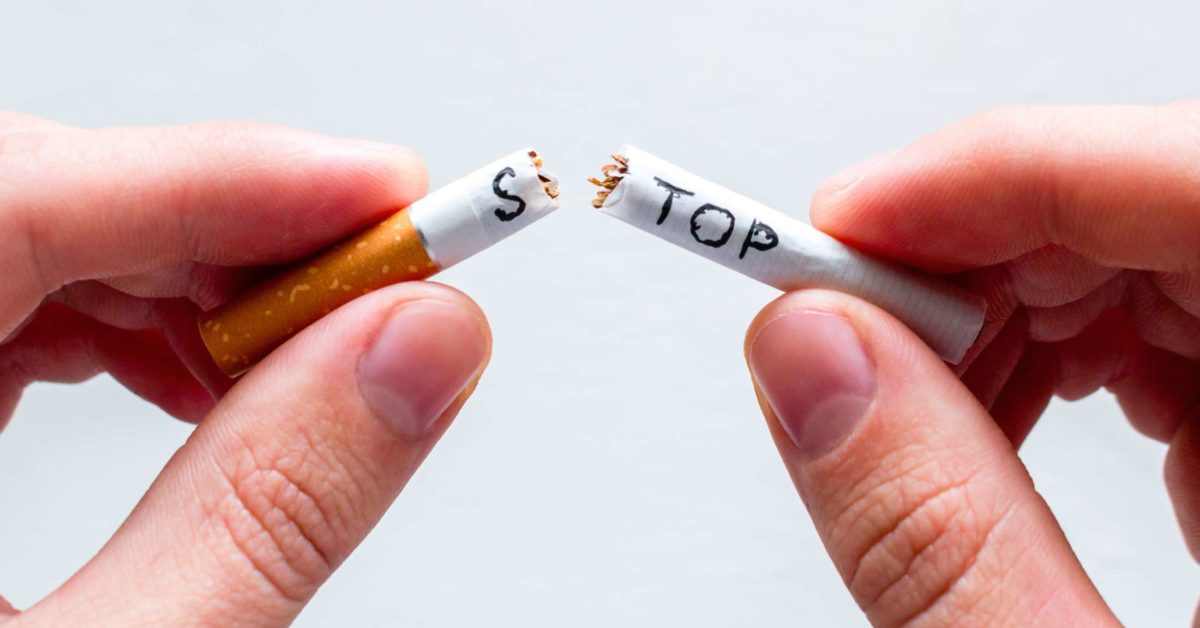drug rehab program
rehab geelong
"Drug and alcohol abuse does not discriminate. It can be found in individuals of all ages, education, and income levels. It does not show favoritism or call out specific professions. If you are battling drug addiction, you need to find a detox or drug rehab program that will hold your hand every step of the way. A good Texas addiction treatment center will match you with personal care and psychiatry professionals to help you overcome your addiction."

tapentadol withdrawal
"A common problem among rehab programs is that there is no sustainable plan for ongoing recovery support after discharge. There may be weekly drug rehab aftercare programs, but many people have to travel a considerable distance to attend these, and attendance tends to drop off over time. Ongoing participation in a recovery program, such as a 12-step program or SMART Recovery, is crucial for ongoing recovery. Rehab programs that introduce people to these aftercare programs are more effective at ensuring participation in ongoing recovery activities after discharge."
rehab consultant
"Regardless of the philosophy, all alcohol and drug rehab programs operate in similar ways. The main feature is an extended period of abstinence from drinking and drug use. In her popular 2006 song Rehab, Amy Winehouse said she didn?t have 70 days or ten weeks to stay in rehab. Treatment guidelines suggest about that length is required to have a significant experience of life without intoxication. Eight to ten weeks is the most common length of programs in Australia. Although they vary from four weeks to 12 months."


rehab equipment near me
"Drug cravings become quite strong after frequent drug use. While you may have thought you could quit using drugs whenever you wanted to, abruptly ceasing might result in uncomfortable and even potentially fatal withdrawal symptoms. By entering a drug rehab, you can undergo detoxification in a secure setting where you can get expert medical care and support during withdrawal. Medication that lessens the severity of your withdrawal symptoms can be available to you. You could occasionally be given prescription medicine to assist curb your urges."
rehab definition
"Therapies utilized in drug rehab may include yoga, Thai Chi, music therapy, dialectical behavior therapy, sports and recreation, and cognitive behavioral therapy. Dual diagnosis treatment, which provides care for persons who suffer from various mental diseases in addition to addiction, is offered by some drug rehab facilities. Addiction worsens mental health difficulties, which are frequently the cause of substance use. To avoid recurrence, these concerns must be addressed together."

rehab toowoomba
"Outpatient drug rehabs are another form of comprehensive addiction care. These programs offer many of the same kinds of effective treatments and therapies as inpatient rehabs. However, outpatient rehabs allow patients to live at home during the recovery process. Patients can continue working and caring for their families while attending scheduled treatment sessions throughout the week. It?s important to keep in mind that outpatient rehabs do not sequester patients from the real world; therefore, patients are at greater risk of encountering triggers that challenge their sobriety. Because of this, outpatient rehabs are suited for individuals with mild forms of addiction and a committed, disciplined approach to recovery. Outpatient programs are also an excellent ?step-down? program after inpatient treatment and are often combined with sober living homes."
addiction recovery tips
"Drug rehabilitation and addiction recovery combine therapy, examination, counseling, and education. Rehab programs are intended to help clients discover, diagnose, and treat drug addiction and co-occurring disorders. Many programs include medical detox to ease withdrawal symptoms and reduce the risk of reuse."

How long are your rehab programs?
Drug rehab programs vary in length greatly, from 30 days to 90 days or longer. Depending on your personal needs and the complexity and severity of your addiction, you may need a short or long-term rehab program to achieve lasting sobriety. Although a longer program requires more of a commitment, research shows that most people need at least 90 days to maintain positive outcomes in treatment.2 It’s always a good idea to ask about the duration of a rehab center’s programs as well as a continuum of care that carries clients through each stage of the addiction treatment process.
Are your rehab programs personalized to each client’s needs?
All drug detox and rehab treatment programs should begin with a personal assessment to determine your treatment needs. This process is essential because it gives professionals the information they need to properly develop a treatment plan that will address your individual needs and circumstances. All individuals experience addiction differently, so there is no one-size-fits-all solution. Effective addiction treatment must be individualized and adjusted to meet the changing needs of the client.
What type of treatment methods do your rehab programs use?
Treatment approaches for drug and alcohol addiction can vary depending on the drug rehab center and its core principles and beliefs. According to the Substance Abuse and Mental Health Services Administration (SAMHSA), high-quality research shows evidence-based programs provide positive outcomes for people who are recovering from addiction.1 There are many different types of treatment methods available, but for many people, the most effective approach includes individualized treatment comprised of a mixture of counseling and medication. It’s important to determine the treatment methods and approaches of any drug rehab center you consider, as this will directly affect your success in sobriety.
What makes your drug rehab center different?
Another great way to find out if a drug rehab program is right for you is to ask how it differs from the competition. Do staff members go above and beyond to help you coordinate an intervention or connect you with a professional interventionist? Do they offer a broad range of specialized therapies during treatment? Does the rehab center boast a beautiful, calming, and tranquil setting for addiction treatment? Find out what makes the rehab center unique to get a better idea of who they are and what they believe.
Are you able to treat clients with a dual diagnosis?
If you’ve been diagnosed with substance use disorder and mental health disorders like anxiety, depression, or PTSD, your treatment plan may be more complex than others. The most effective way to address co-occurring disorders is with integrated treatment, but not all drug rehab programs, facilities, and staff are properly equipped to manage the needs of clients with a dual diagnosis.3 As a result, it’s important to talk to the staff about their ability to treat dual diagnosis and provide proper care for a full recovery.
Does your treatment program provide family support?
Family involvement is also very important in addiction treatment and can help all affected individuals to heal and recover from the damage of chronic substance abuse.4 A high-quality drug rehab program will provide support for the whole family, which may include family therapy sessions or an intensive family program that provides education about drug and alcohol addiction, therapeutic interventions, group work, and homework assignments to promote positive behavioral changes.
What type of continuing care services are available after rehab?
Addiction recovery is an ongoing process that requires continued care, treatment, and support for a full recovery. As such, many drug rehab programs offer continuing care programs for clients that have already completed drug detox, residential rehab and/or an intensive outpatient program. Continuing care services may seem like an afterthought, but they are an essential part of the treatment process. Programs like IOP, aftercare, and sober living keep individuals engaged with their recovery, provide positive and sober social experiences, and offer one-on-one support and assistance managing relapse (if it occurs). If you’re considering a drug rehab center for services, make sure to find out what kind of continuing care programs are offered and to what extent.
How much do your programs cost and what are my payment options?
While the cost of treatment should never be a barrier, some “luxury” drug rehab programs can cost tens of thousands of dollars and aren’t a realistic option for everyone. Fortunately, many drug rehab programs are affordable and people with health insurance may use their benefits to reduce any out-of-pocket costs associated with treatment. When considering any drug rehab center for treatment, it’s always ideal to ask about cost up front and get details about any available payment options. Most drug rehab centers will provide free and confidential insurance benefits verification to help you maximize your benefits and use your health insurance to pay for rehab. Some drug rehab centers may also provide sliding scale payment options, reduced out-of-pocket payments, or scholarships to help make treatment more affordable for those who need it most.
Is your drug rehab center licensed and accredited?
A high-quality drug rehab center should, at a minimum, meet the state’s licensure requirements. In addition to that, the facility may also receive accreditation through several different agencies. The accreditation process can be long and tedious, but a rehab center that has completed an accreditation process displays its commitment to excellence as well as to the high standards set by the accrediting organization. Some of the most common types of drug rehab accreditation include those provided by the Joint Commission, the Commission on Accreditation of Rehabilitation Facilities (CARF), the Council on Accreditation (COA), and the National Committee for Quality Assurance (NCQA).
What type of detox does your rehab center offer?
Detox is often the first step in the addiction treatment process. Completing a detox program allows your body to cleanse itself of harmful chemicals and restore its natural functions. This also gives you the ability to start a rehab program in a stable and sober state, both mentally and physically. Drug detox and withdrawal can be severely uncomfortable and may even be life-threatening, depending on your substance abuse history, so having 24/7 medical assistance is not just ideal, it’s absolutely necessary. A drug rehab center should offer medical detox to ensure clients’ safety, comfort, and overall well-being at all times.